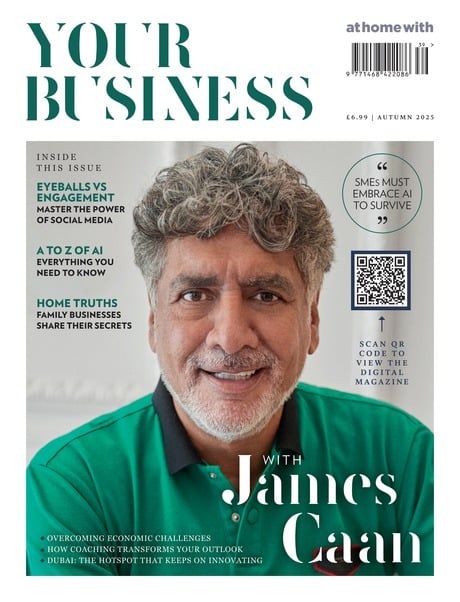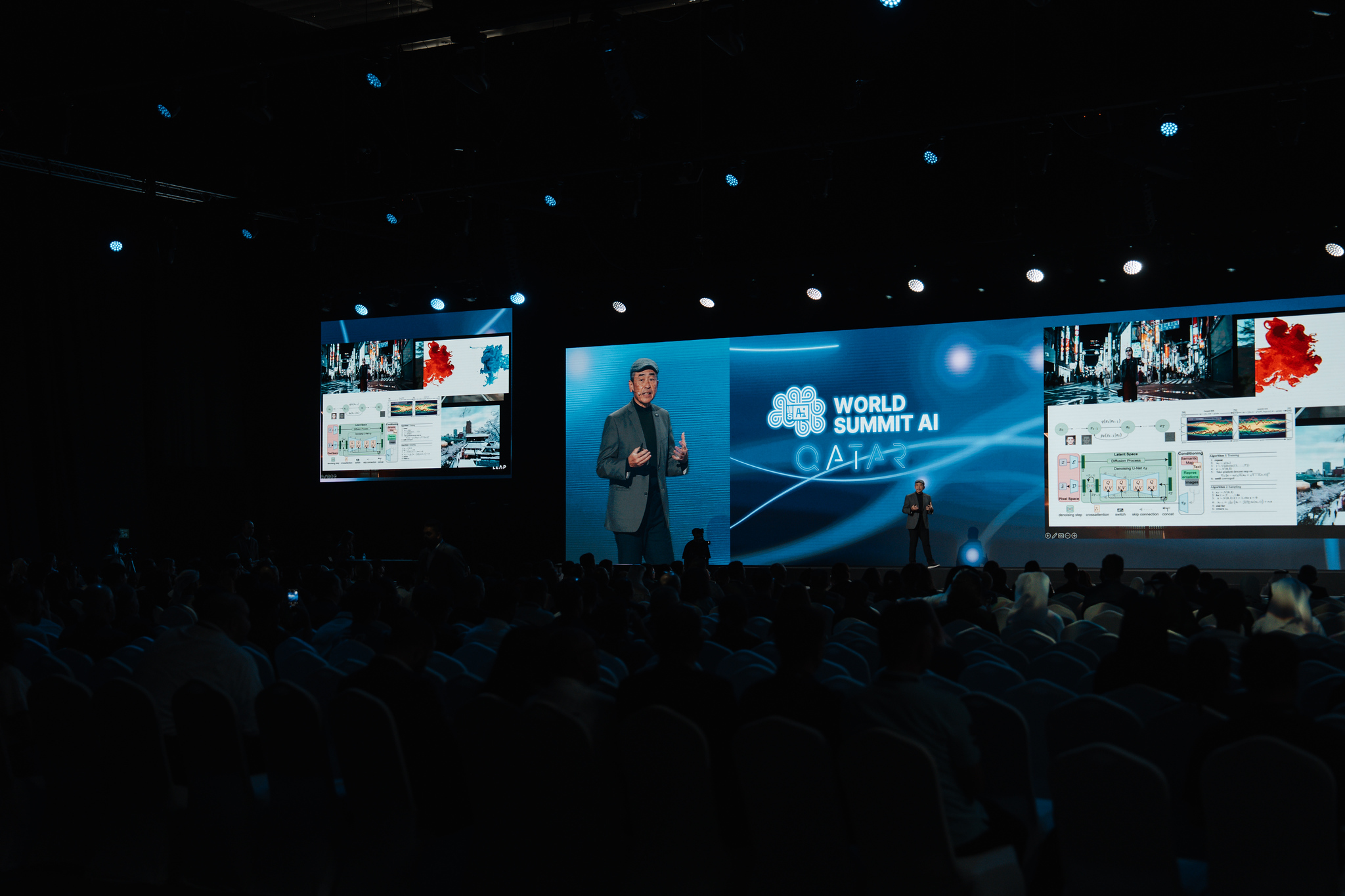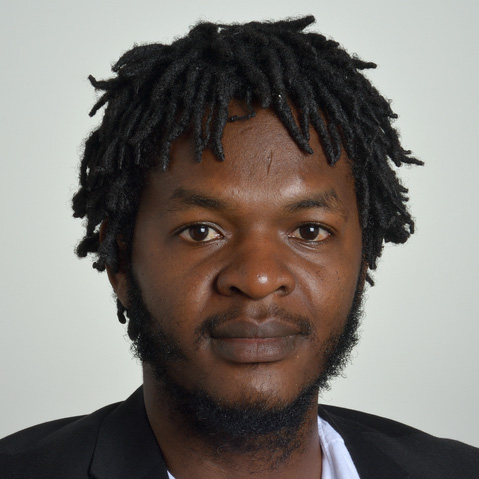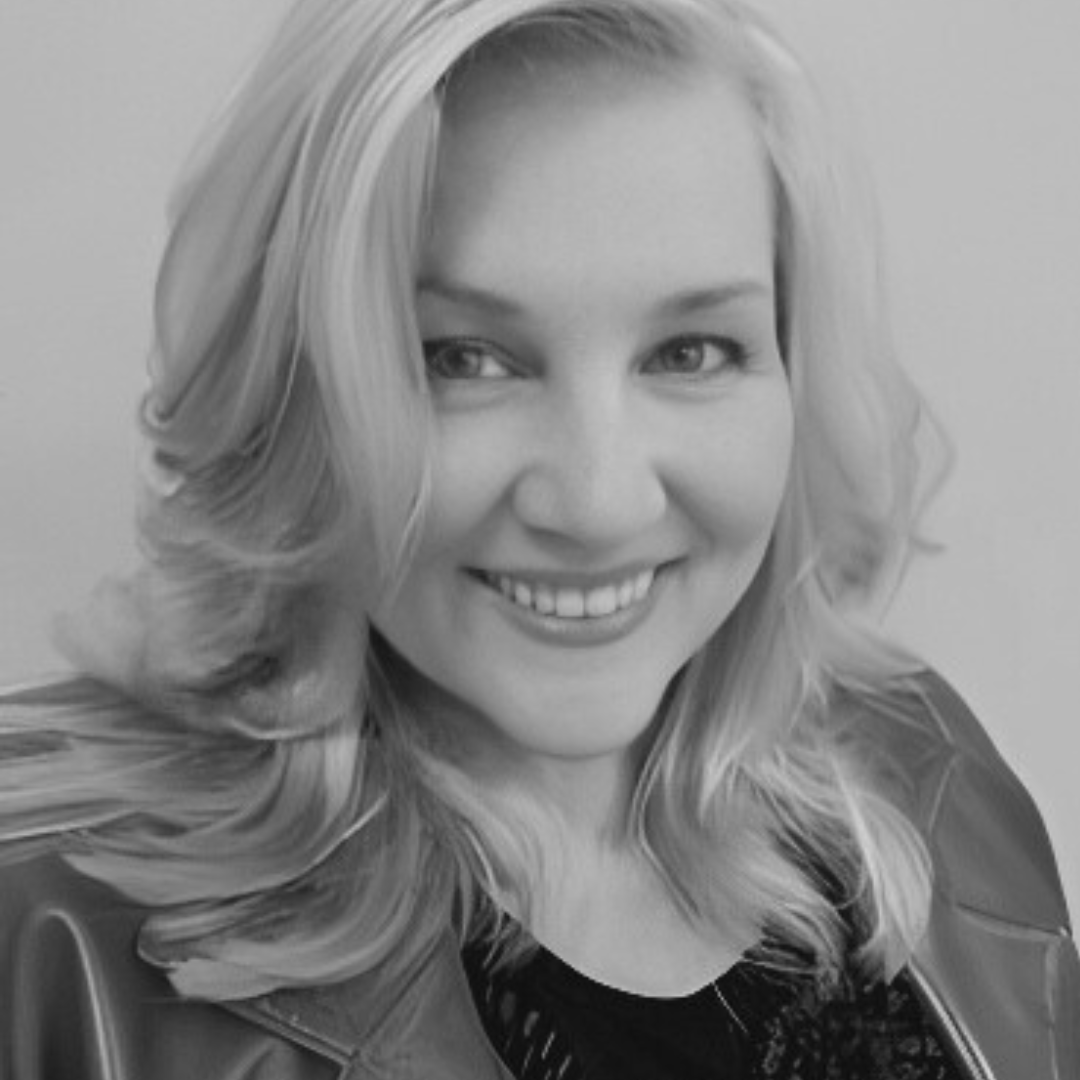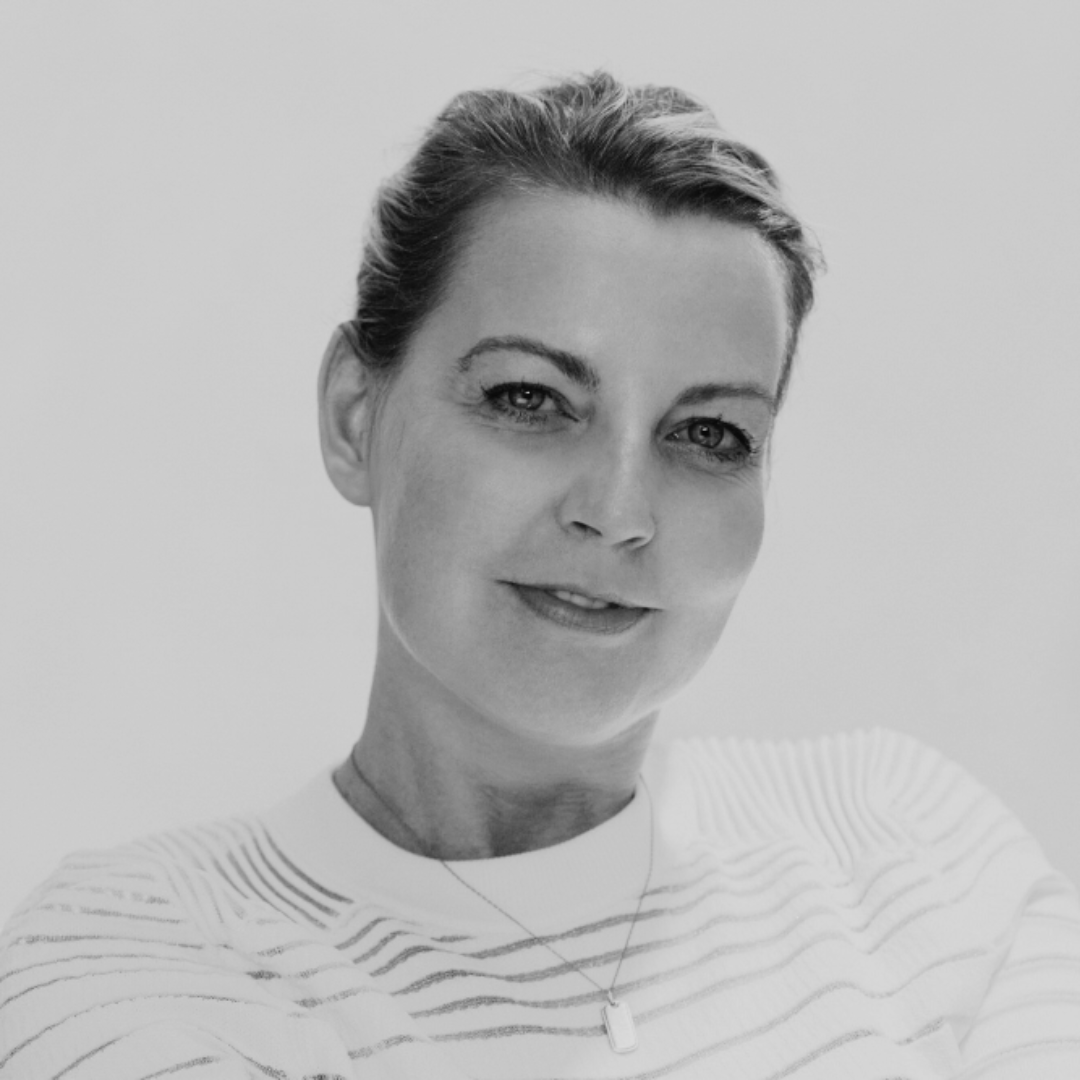At World Summit AI Amsterdam, we believe AI leadership doesn’t exist in isolation. The organisations successfully navigating AI transformation are also rethinking strategy, resilience, governance and long-term growth.
That’s why we’re proud to continue our partnership with Your Business Magazine — sharing content that supports better decision-making across our global business community.
Their latest editions bring together respected voices from the world of entrepreneurship and investment, offering practical thinking for leaders operating in today’s evolving market conditions.
.png?width=259&name=WSAI%20Amsterdam%20Orange%20no%20dates%202000x300%20(1).png)
.png?width=263&name=IM_Mothership_assets_LOGO_MINT%20(2).png)
